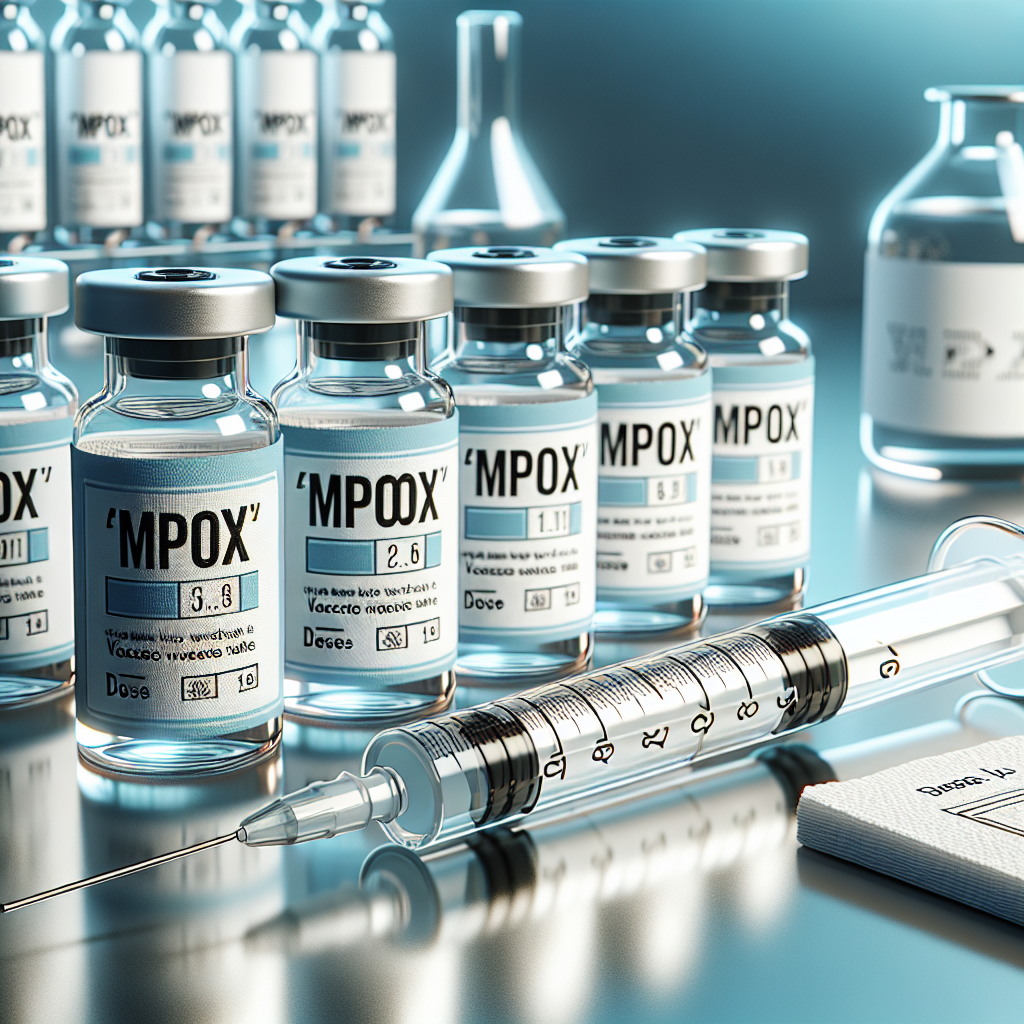UNICEF Secures Affordable Mpox Vaccine for 77 Low-Income Countries Amid Rising Crisis
UNICEF's integrated response strategy focuses on breaking the cycle of transmission, protecting children, and enhancing prevention efforts.

UNICEF has reached a significant milestone in its efforts to combat the rising mpox crisis by signing an agreement that secures the supply of the MVA-BN mpox vaccine at the lowest market price, ensuring access for 77 low- and lower-middle-income countries. This agreement is a crucial step in providing affordable vaccines and is part of a comprehensive response to the escalating mpox outbreak, while also setting the groundwork for sustained vaccine availability in 2025.
This agreement stems from an emergency tender issued by UNICEF on August 29 and follows the World Health Organization (WHO)'s prequalification of the MVA-BN mpox vaccine on September 13. The tender was launched shortly after mpox was declared a public health emergency on August 14, in collaboration with various partners, including the Africa CDC, Gavi, the Vaccine Alliance, WHO, and the Pan American Health Organization.
As part of this agreement, UNICEF has negotiated a price of up to US$65 per vaccine dose, representing the lowest price available on the market. This deal ensures that countries like the Democratic Republic of the Congo (DRC)—one of the frontline nations in this crisis—will have access to the vaccine. Under the emergency tender, UNICEF is also reviewing additional proposals to secure a long-term, diversified supply of mpox vaccines from multiple manufacturers while maintaining transparency regarding pricing. The organization is closely monitoring the evolving demand for vaccines beyond the immediate needs created by the acute outbreak.
The agreement includes a firm commitment from UNICEF to procure and deliver up to 1 million doses of the MVA-BN mpox vaccine in 2024, with financial backing from partners, including 500,000 doses supported by Gavi through an Advance Purchase Agreement.
Since the onset of the outbreak, UNICEF has been proactive in assisting the DRC government, facilitating the receipt of over 265,000 doses of mpox vaccines. UNICEF's integrated response strategy focuses on breaking the cycle of transmission, protecting children, and enhancing prevention efforts. Vaccination is one of several tools being utilized to safeguard communities against the virus.
In collaboration with national governments and partners, UNICEF is prioritizing infection prevention and control, along with risk communication and community engagement. To bolster these efforts, UNICEF is deploying staff and essential supplies, including personal protective equipment (PPE), diagnostic tests, treatments, hygiene supplies, and temporary shelters.
In addition to vaccine funding, UNICEF launched an appeal for US$58.8 million earlier this month to address the mpox crisis in six African countries, particularly where children are most affected. This effort is further supported by vaccine donations from high-income countries, ensuring a comprehensive response to the ongoing health emergency.
Through this coordinated approach, UNICEF is committed to safeguarding the health and well-being of vulnerable populations as the fight against mpox continues.










